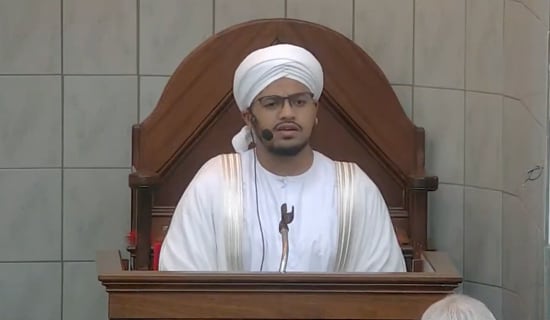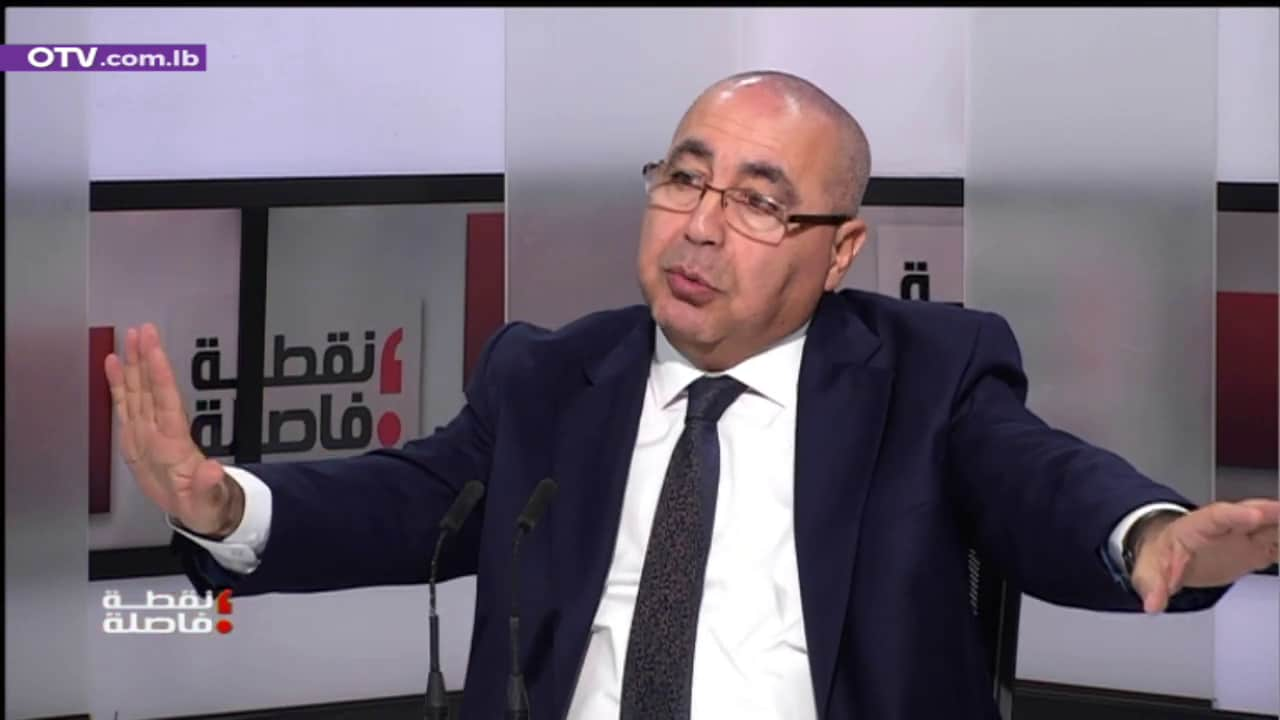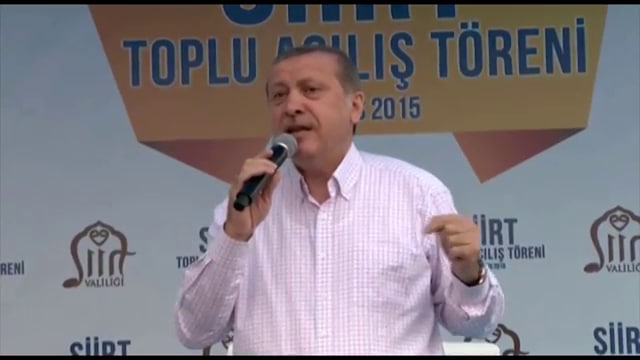
Moroccan researcher and writer Sanaa El Aji called for criminalization of prayers against non-Muslims and of accusations of heresy and said that "courageous initiatives" must be taken to protect the rights of religious minorities, as well as human rights in general. In the interview, which aired on the Abu Dhabi-based Sky News Arabia TV channel on March 4, 2016, El Aji warned that there is "a small ISIS member within each and every one of us" and said that "justification of terrorism constitutes terrorism in and of itself."
Following are excerpts
Sanaa El Aji: This year, we in Morocco, like many other countries, are experiencing a real drought, as a result of the climate changes. Three or four weeks ago – my column about it is relatively recent – some preachers said, in their Friday sermons, that the drought is divine punishment for our sins. I wrote that it was illogical that Allah is punishing us for our sins with a drought this year, whereas the previous year was a rainy year in Morocco, to the point that people drowned in the rural areas. Allah does not punish his worshippers with earthquakes, droughts, and so on.
I wrote ironically that if we believe that Allah punishes us with a drought, does that mean that in European countries and in America, where there is higher rainfall than in the Middle East, North Africa, and the Gulf, people commit fewer sins than us? Does that mean that we should take them as a role model?
[…]
Freedom of belief is a right that must be guaranteed by all the constitutions. When we want to build a society and a state, we must do it through institutions, while guaranteeing human rights, but keeping away from the occult. I wrote that if we really believe that it will rain if we pray for it, why not think big and ask for larger things? Why not perform the "Desert Prayer" to resolve the problem of the Sahara desert? Why not perform the "Work Prayer" to resolve the problem of unemployment? Social and economic problems cannot be resolved by faith. Faith is a personal right, but…
Interviewer: But you are accused of mocking some religious practices, aren't you?
Sanaa El Aji: I do not deny mocking some religious interpretations, but I never mock people's beliefs. I never mock religion or faith. The problem is that some interpretations, especially in our Islamic culture, have become holier than the sacred text itself.
[…]
The danger is that the Marrakesh Declaration on the Rights of Religious Minorities will remain nothing but a nice piece of paper. Unless there are courageous initiatives to implement this declaration in Morocco, but also elsewhere in the region, it will continue to be nothing but a nice slogan, like many of the slogans we chant.
As countries, we must take courageous steps in this regard. For example, we must criminalize prayers against non-Muslims in our mosques. To this day we hear supplications against non-Muslims – calling upon Allah to turn their women into widows and their children into orphans.
Interviewer: Does this happen in Morocco?
Sanaa El Aji: Unfortunately, it does. It happens in mosques in other countries as well. Accusations of heresy must also be criminalized. Today, any citizen who publishes an article, a study, or an idea is at risk of being accused of heresy by any other citizen. The school curricula must be reformed. Freedom of belief must be incorporated into our constitutions. You cannot talk about respect for religious minorities as long as the citizens do not have the freedom to believe or to not believe, the right to choose their own religion, and so on. In addition, we have a profound problem, which prevents us from moving forward and respecting minority rights.
Interviewer: What is it?
Sanaa El Aji: The way we perceive our history.
Interviewer:We idealize the history of Islam, although the truth is that since the death of the Prophet Muhammad, Islamic history has known glorious moments, but also moments of massacre and injustice. There have been times when Muslims were killed by Muslims. We are not talking about wars with foreign powers, which we call "infidel," but about Muslims fighting one another. We must acknowledge these facts, so that we will be able to come to terms with our history and with ourselves, thus avoiding repetition of our past mistakes.
[…]
If we decide to teach religion, in our educational institutions, we must replace the ideological approach with an informative approach. We must teach the history of religions – the monotheistic religions, but also the religions that preceded them. We must teach the spectrum of beliefs out there, so that students can place their Islamic, Christian, or Jewish faiths within a comprehensive scholarly context, which will enable them to understand the other.
[…]
A true believer, in my view, is someone who believes that God protects him, whereas an extremist terrorist is someone who thinks that it is up to him to protect Allah, the Quran, and the Prophet Muhammad. Allah, the Prophet Muhammad, and the Quran do not need this protection. Violence is violence and murder is murder, and sometimes, justifying them constitutes terrorism of a different kind.
[…]
We repeat slogans about our society being peaceful and about our values. Let us examine the statistics of violence, rape, and sexual assaults against children. In Egypt, more than 90% of the women – I think that the exact figure is 92% - experience sexual harassment on a daily basis.
[…]
Unfortunately, Egypt is the only [Arab] country that provides statistics about sexual harassment. 72% of the women who are sexually assaulted in Egypt wear the hijab or the niqab. In Morocco, 26,000 children are sexually assaulted every year. That is an average of 71 children per day. 63% of Moroccan women, according to the Ministry of Family and Social Development, are subject to violence. That's 63% - more than half of Moroccan women.
[…]
Interviewer: "Is there a small ISIS member within each and every one of us?"
Sanaa El Aji: I'm afraid so.
Interviewer: This was the title of a column of yours. How would you answer that question? Don't you think that this is a generalization? After all, there is widespread rejection of the extremism of ISIS.
Sanaa El Aji: To tell you the truth, I hope I am wrong. But when I examine the society in which I live, I see there are ISIS members of the first degree – Moroccans, Saudis, or Frenchmen who travel to Iraq or Syria, pledge allegiance to the Caliph, and do what ISIS members do. Then there are ISIS members who may be our colleagues at work, a classmate at university, or a neighbor, who do not carry out terrorist attacks directly, but who justify them and find excuses for them. This is especially true when the victims are foreigners, Westerners. What happened in Paris recently is an example of that. Even some people in the media and intellectuals in Morocco or Egypt say that France should have a taste of what it did in other countries. This justification of terrorism constitutes terrorism in and of itself.













